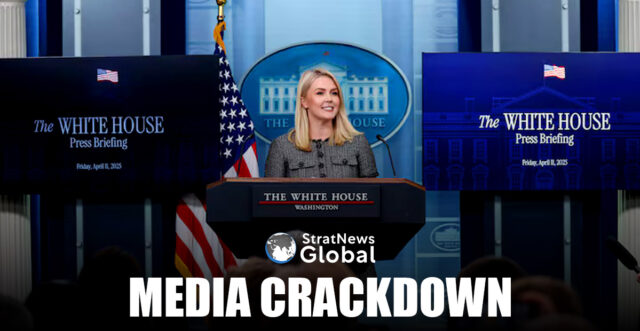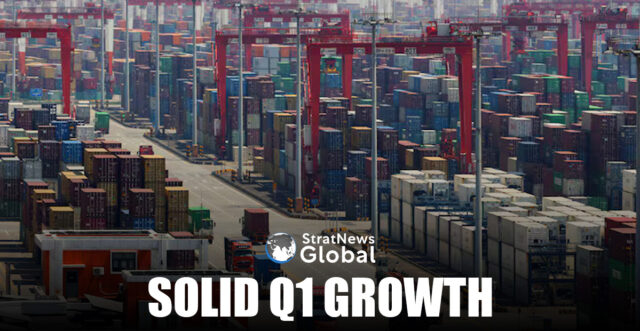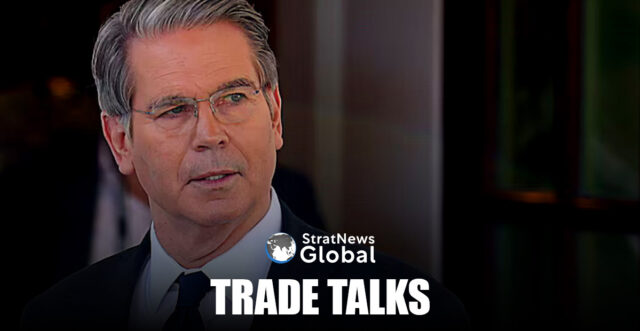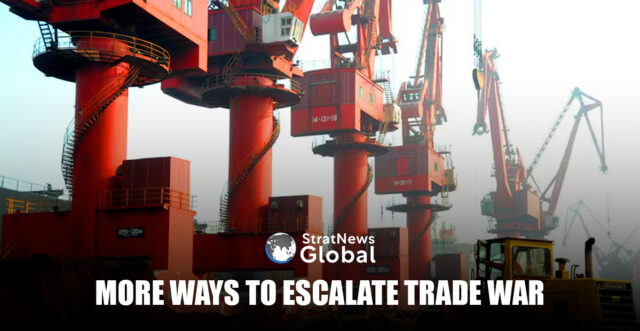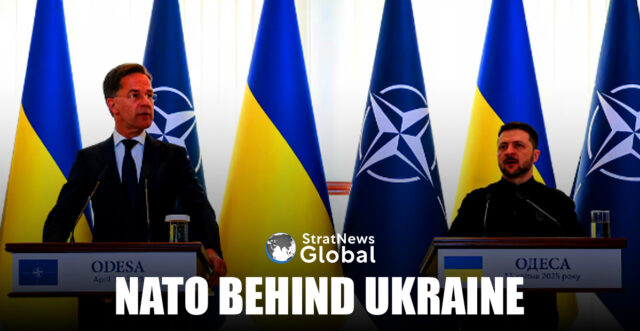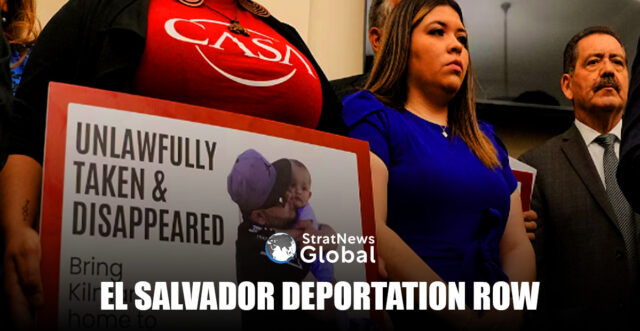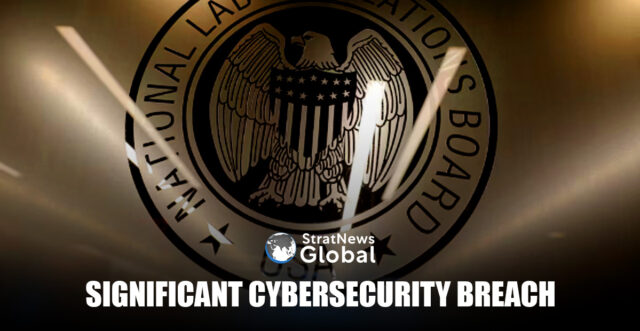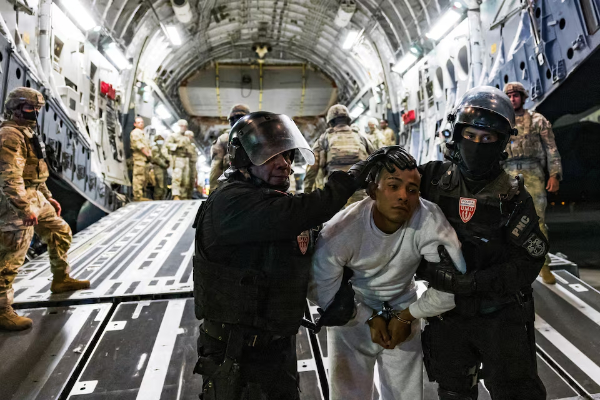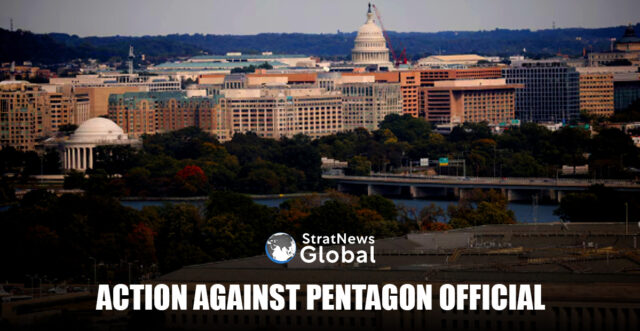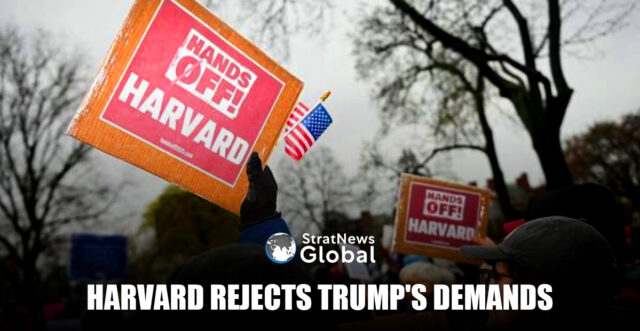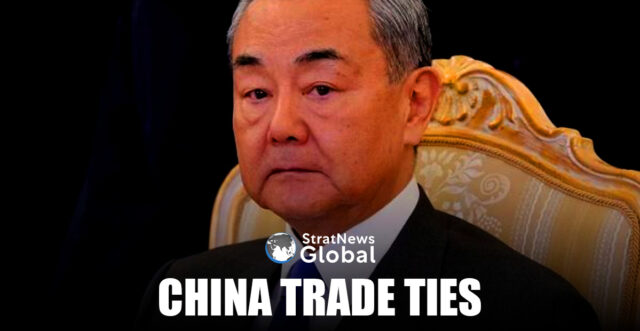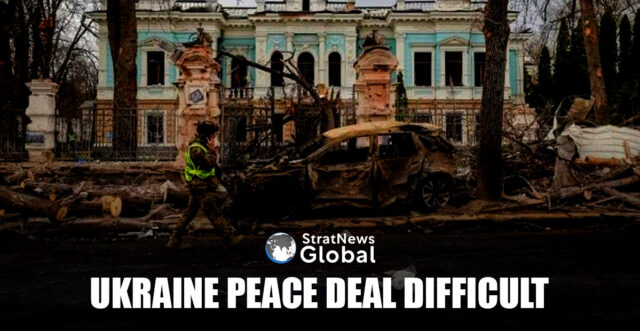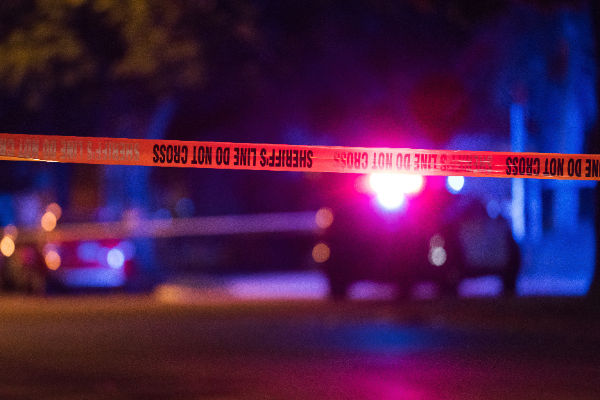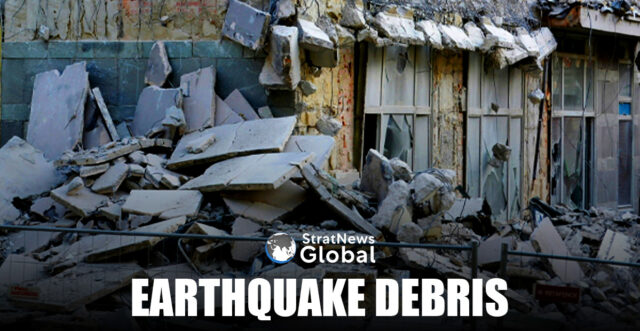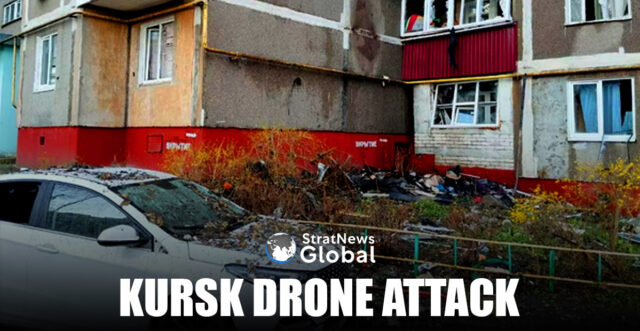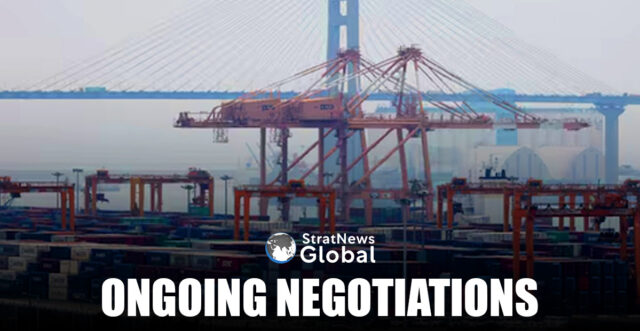Trump Issues New Threat After Harvard Refuses U.S. Demands
President Donald Trump on Tuesday warned that Harvard could lose its tax-exempt status and demanded an apology, following the university’s refusal to comply with what it described as illegal demands to overhaul its academic programs or risk losing federal grants.
Beginning with Columbia University, the Trump administration has rebuked universities across the country over their handling of the pro-Palestinian student protest movement that roiled campuses last year following the 2023 Hamas-led attack inside Israel and the subsequent Israeli attacks on Gaza.
Trump has called the protests anti-American and antisemitic, accused universities of peddling Marxism and “radical left” ideology, and promised to end federal grants and contracts to universities that do not agree to his administration’s demands.
Trump said in a social media post on Tuesday he was mulling whether to seek to end Harvard’s tax-exempt status if it continued pushing what he called “political, ideological, and terrorist inspired/supporting ‘Sickness?'”
He did not say how he would do this. Under the U.S. tax code, most universities are exempt from federal income tax because they are deemed to be “operated exclusively” for public educational purposes.
Harvard Accused Of Violating Civil Rights Act
White House press secretary Karoline Leavitt told reporters Trump wanted to see Harvard apologize for what she called “antisemitism that took place on their college campus against Jewish American students.”
She accused Harvard and other schools of violating Title VI of the Civil Rights Act, which prohibits discrimination by recipients of federal funding based on race or national origin.
Under Title VI, federal funds can be terminated only after a lengthy investigation and hearings as well as a 30-day notice to Congress, which has not happened at Columbia or Harvard.
Some professors and students have said the protests are being unfairly conflated with antisemitism as a pretext for an unconstitutional attack on academic freedoms.
Columbia, a private school in New York City, agreed to negotiations over demands to tighten its protest rules after the Trump administration said last month it had terminated grants and contracts worth $400 million, mostly for medical and other scientific research.
Trump’s Demands ‘Unprecedented’
Harvard President Alan Garber in a letter on Monday said demands the Trump administration made of the Massachusetts university, including an audit to ensure the “viewpoint diversity” of its students and faculty and an end to diversity, equity and inclusion programs, were unprecedented “assertions of power, unmoored from the law” that violated constitutional free speech and the Civil Rights Act.
Like Columbia, he said Harvard had worked to fight antisemitism and other prejudice on its campus while preserving academic freedoms and the right to protest.
Hours after Garber’s letter, the Trump administration’s Joint Task Force to Combat Anti-Semitism said it was freezing more than $2 billion in contracts and grants to Harvard, the country’s oldest and richest university. The administration did not respond to questions about which grants and contracts had been cut, and Harvard did not respond to a request for comment.
Some Columbia professors have sued the Trump administration, saying the grant terminations violated Title VI and their constitutional speech and due process rights. A federal judge in New York ordered the Trump administration to reply by May 1.
After reading the Harvard president’s letter, Columbia’s interim president, Claire Shipman, said in a statement on Monday night that Columbia will continue “good faith discussions” and “constructive dialog” with the U.S. Justice Department’s antisemitism task force.
“We would reject any agreement in which the government dictates what we teach, research, or who we hire,” she wrote.
Support From Other Schools
A few of Harvard’s peer institutions lent support on Tuesday to the school’s stand against the Trump administration.
“Princeton stands with Harvard,” Princeton University President Christopher Eisgruber wrote on social media, encouraging people to read the Harvard president’s rebuke of the government’s demands.
Stanford University President Jonathan Levin and Provost Jenny Martinez said in a statement they fully backed Harvard.
“Harvard’s objections to the letter it received are rooted in the American tradition of liberty, a tradition essential to our country’s universities, and worth defending,” the pair wrote.
They added that while universities need to “address legitimate concerns with humility and openness” it’s clear that “the way to bring about constructive change is not by destroying the nation’s capacity for scientific research…”
On Monday, a group of U.S. universities, including Princeton and the University of Illinois, sued the Department of Energy over steep cuts to federal research funding in areas like advanced nuclear technology, cybersecurity and novel radioactive drugs.
Trump, who took office on January 20, faces court challenges to his immigration policies and pushback from state attorneys general against his firing of government workers and suspension of trillions of dollars in federal grants, loans and financial support.
(With inputs from Reuters)



